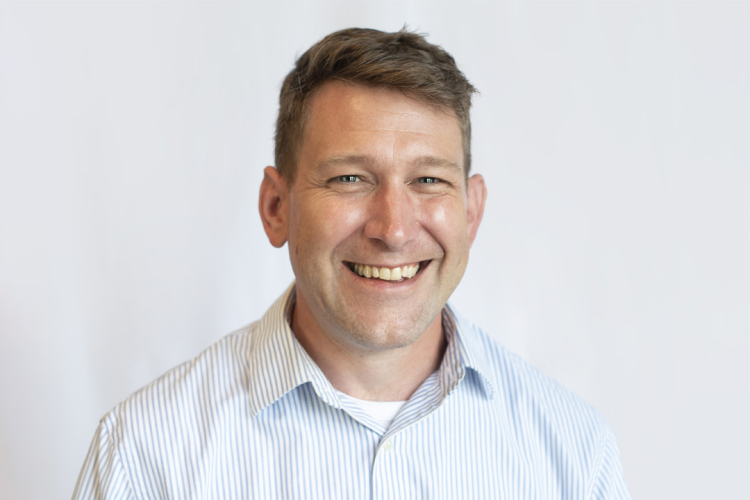
USask's Dr. Grant Ferguson (PhD) brings attention to the complexity of groundwater systems. (Photo: Submitted)
The water beneath our feet is not often the first thing on our minds and yet, as the largest freshwater source on our planet, groundwater is relied upon by communities and industries all over the world.
Researchers like Dr. Grant Ferguson (PhD), professor in the College of Engineering and the School of Environment and Sustainability (SENS) at the University of Saskatchewan (USask) and member of the Global Institute for Water Security (GIWS), have been studying groundwater dynamics for years and have only scratched the surface.
"Groundwater systems are extremely variable in space, leading to complex responses to both climate fluctuations and pumping," said Ferguson. "Studying these systems is challenging due to our limited number of windows into the subsurface."
In a recent Matters Arising article published in Nature, Ferguson and his colleagues bring attention to the complexity of groundwater systems, cautioning that the recently proposed Earth system boundaries (ESB) on groundwater needs to be strongly rooted in both groundwater theory and its use, in order to reduce potential environmental injustices.
ESBs propose limits on resources to ensure stable conditions, helping to avoid dangerous strains on Earth systems.
"These boundaries are difficult to define, and we found that the proposed approach wasn't taking into account the fundamentals of groundwater hydrology that have been established for nearly a century," said Ferguson.
Ferguson said that an oversimplification of groundwater dynamics has the potential to increase water disparity and insecurity in some areas of the globe, such as Sub-Saharan Africa or the Middle East.
"If we pass the proposed planetary boundary, then that's going to restrict access to these water resources to a lot of equity deserving groups," said Ferguson. "Without even stepping foot in that region, can we really propose limits to that resource? We need to consider the community and how they view and use water."
Ferguson said it's important to engage with communities when you're trying to propose policy change from large-scale studies.
"There are always more problems and always more work to do and as physical scientists and engineers we really need to do a better job of engaging with communities and social scientists," he said. "Beyond that, you need to step aside and realize that the planet itself is just a hugely complex place, so it's hard to find a simple solution to these larger problems."
When it comes to groundwater and the subsurface area, Ferguson encourages people to get more curious and imagine the world below us.
"When you look to the stars you get a sense of wonder and exploration and the deep future, but that wonder also exists below ground when we think about the deep past and everything that the Earth has to tell us," said Ferguson. "There is so much left to explore right here beneath our feet."













